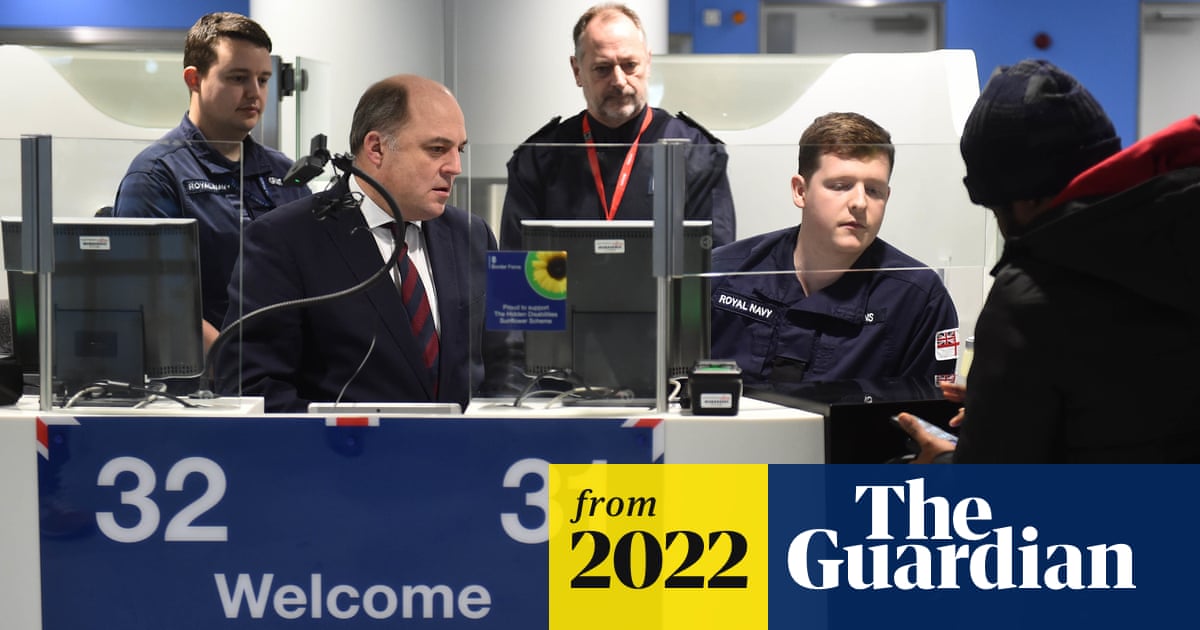
Just nine passengers detained at Heathrow during Border Force strike
Figure compares with 189 during same three days of 2021, but detentions at Manchester airport rose slightlywww.theguardian.com
Well.
The same article says more have been stopped at a Manchester than in previous years?
Seems they are lashing out as the strikes didn’t have the affect they wanted, now unions are threatening to sue the gov for getting the posts filled by the army.
The unions wanted hours of waits for normal people trying to get home for Christmas, or even worse to not to be able to get home at all.


